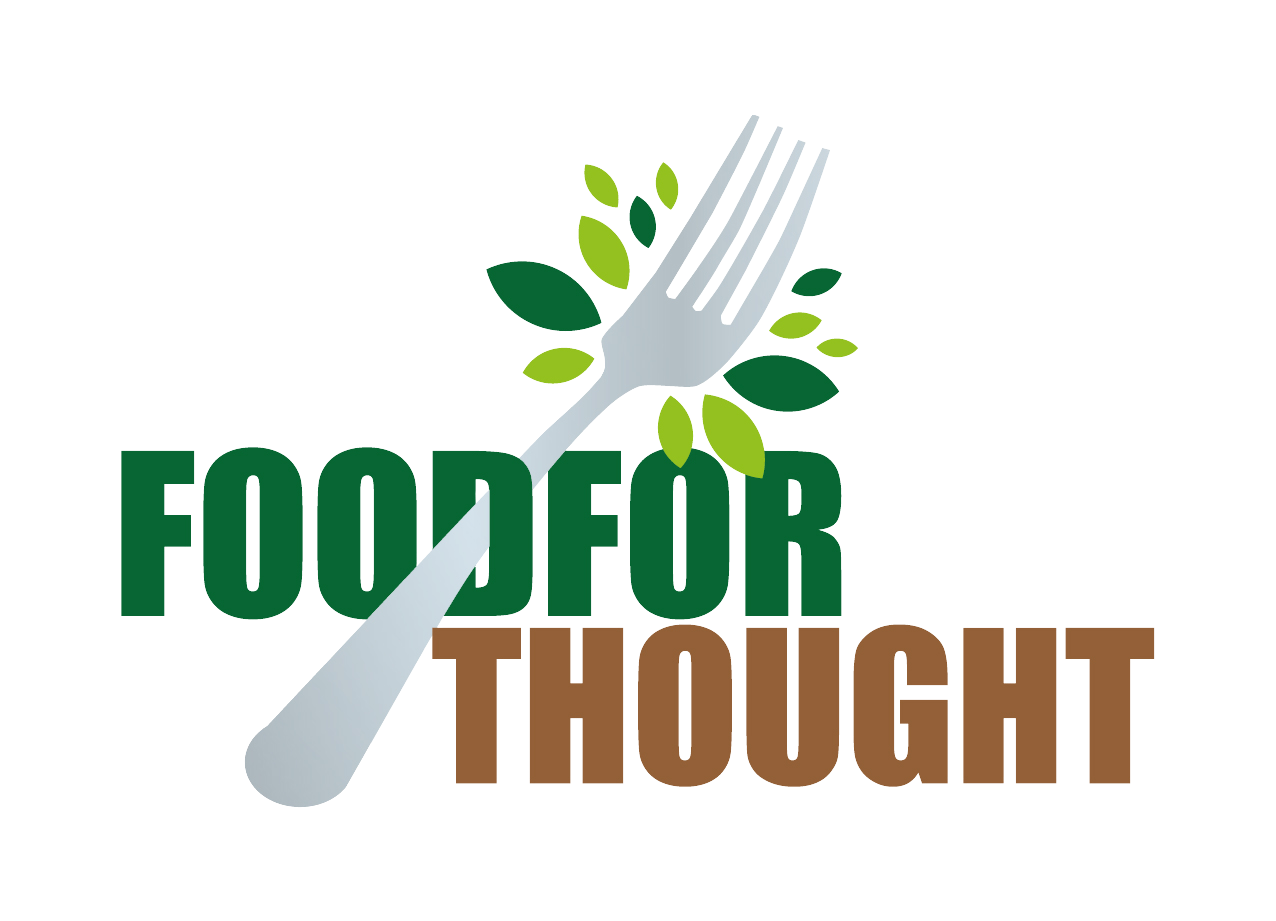The ‘Food For Thought’ project brings together 5 European Partners with specific expertise in the provision of catering and hospitality training and identifying emerging trends and skills requirements within the sector through collaboration with industry ambassadors, education providers and government departments. Collectively the partners recognise the priorities of the EU 2020 ‘New Skills for New Jobs” by:

ONE
Seeking to anticipate more clearly future skills needs

TWO
Developing better matching between skills and labour market needs.

THREE
Bridging the gap between the worlds of education and work.
The key objectives of the Erasmus+ Programme is also pivotal by “developing initiatives … that address VET education training and promote innovation, exchange of experience and know-how”. Outcomes will be focused on the quality and relevance of catering and hospitality VET which currently does not significantly address in its curriculum the various aspects of the local food system and sustainable food practices. Learners therefore are at a disadvantage as they do not have them modern knowledge and skills to understand the economic, environmental and social benefits of the local and the wider European food industry affecting their future careers. Today, menu trends and cuisine styles are dominated by local produce & environmental sustainability such as artisan, organic and vegan and thus VET must adapt their provision to align with this.
This will be achieved through the design and delivery of 3 innovative outputs; evidence based learning outcomes & 6 bespoke learning units and for the ‘Food of Thought’ course (IO1), curricula and course materials to support course delivery (IO2) and an open source online toolkit to provide access and enable VET trainers across Europe to independently deliver the innovative curricula and course materials which have been developed to support both educational & behavioural change in regards to local food & sustainability.
Food for Thought Objectives

ONE
To undertake Comparative Needs Analysis including evidence gathering and real-life cases in the 4 partner EU Countries mapping skills & knowledge requirements which will influence the design and content of the Food For Thought modular training course.

TWO
To enhance the labour market relevance of catering & hospitality VET by designing an openly accessible modular training course in local & sustainable food practices that will upskill VET staff and encourage learners to understand the significance of the local food system.

THREE
To initially strengthen key competences of 200 learners & staff across 4 EU through the pilot delivery of the curricula & course materials through the projects demonstration workshops (E1-4).

FOUR
To introduce modern training delivery methods (interactive case studies, video recipes, podcasts) & open access pedagogical resources (e.g. online toolkit) for staff and learners across Europe building capacity in the catering & hospitality sector.


